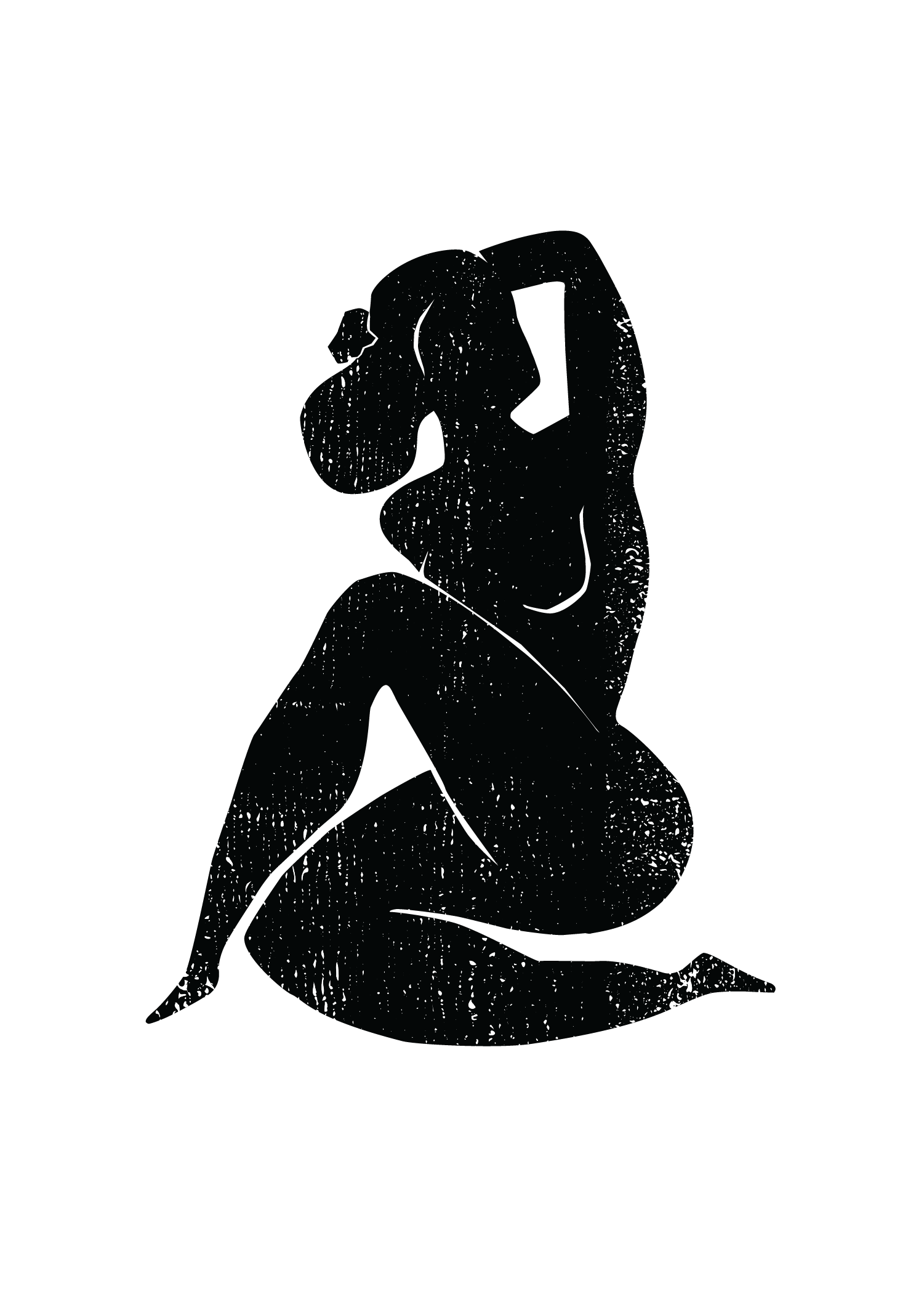journal
EXPLORING THE ETHICS OF PSYCHOTHERAPY AND SIMILAR FIELDS

A few weeks ago I shared about how I decided to become a therapist, how long it took, what those years were like, and the process of becoming licensed. You can find that post here, but the short story is that it was a BEAST.
There’s more to it though… specifically what my work life is like 3 years after being licensed, my thoughts on the field as a whole, and how that compares to coaching.
I’ve been licensed now for almost three years, however I’ve been in private practice and seeing clients since 2016. Before being licensed, therapists are required to have a supervisor with whom you consult with 1 hour for every 10 face-to-face hours spent with clients. While you’re an intern-level therapist, you work under your supervisor’s license which ensures that they’re invested in ensuring and teaching you to care for your clients in an ethical way.
Supervision is time consuming and financially costly but the standard of care in therapy is ensured. There is a lot to learn about providing useful support and counsel to people and the years spent in school are important but fall short of the nuance that being in a room with someone presents. The years spent doing supervised work honors the large responsibility that working with people's histories, hurts, hopes, and feelings is.
Ethics are constantly explored and taught in the education of a therapist and still very much throughout the intern years. Having a deep understanding of the ethical landmines that come up in counseling people is so important in being able to actually help them and not cause harm instead of good.

Ethics may seem slippery and jargon-y but we all expect a therapist to act right. Ethics are the detailed understanding of what that means, to protect you from things you wouldn’t (and shouldn’t have to) think to protect yourself from. The main ethical breech that everyone thinks of first is that a therapist can’t have sex with their clients — it’s obviously the ultimate in an abuse of trust, vulnerability, and authority.
Here are some other examples of needs for ethical limitations:
How to make sure you as the therapist are not putting your financial gain above the clients wellbeing (looking at some of you coaches).
What you owe your clients when it comes to their privacy… you can’t talk to others about the private information shared with you.
How and when you discontinue therapy. What if you don't think your client is benefitting from the time/money investment of being in therapy? After someone has begun therapy with you, can you ghost them if you’re not in the mood anymore? (lol, NO you cannot)
Ensuring that clients can discontinue treatment at ANY time without financial or emotional consequence AND know how to do it. This means that using hope to rope clients into the financial commitment of “packages” is a no-no.
Not advertising with promises beyond what is actually guaranteed.
Important stuff right? As much as I think that everything required of me to be licensed was so, so hard, expensive, and time-consuming, I’m proud and confident in my ability to help and not harm people as they pursue their healing and build the life they want for themselves. I don’t think that any “wise” soul wandering around should get to represent themselves as a therapist and be privy to the tender territory that follows. It’s not safe and we need to be able to trust the sources we look to for help when we are at our most vulnerable.
This is where the rub comes in though… it’s really expensive to become a therapist as a result of the educational path required and the opportunity cost of interning for little to no money for all of those years. This limits who gets to become a therapist to those of higher socio-economic status which in turn results in the population of therapists being majority white people. The therapeutic support available should instead, match the population it serves.
We need to open the pathway for therapists of all backgrounds to serve people of all backgrounds. Ethical and educational standards must be upheld though. We need to find a way for the cost of entry to the profession of psychology to not be so steep. How is it that it seems medical doctors are more diverse? Maybe we start by looking there.

Meanwhile, the industry of coaching is the wild, wild West. People are seeking out coaching and therapy more and more interchangeably. However, there is no uniform understanding of what a “coach” means so anyone can call themselves a coach. A person who goes through a reputable coaching program is a coach. A person who admires shiny people promising a good life and financial wealth on TikTok can call themselves a coach. Or a therapist with all the education and training of a therapist but wants more flexibility in how they practice can call themselves a coach. There is no licensing, no ethical standard, and no regulating board enforcing good care by coaches. That’s a problem that leaves people vulnerable, occasionally harmed, and often taken advantage of.
That’s not to say that I don’t think there is value in coaching. What I appreciate about coaches is that as a whole, the industry is much more innovative than the field of psychotherapy. They come up with and action new ideas, new ways of reaching people, and new ways of meeting needs. Psychotherapy can be stale and stodgy… almost as if a bunch of old white guys were the gatekeepers (wink, wink). Because there are no rules and regulations, coaches are free to be creative in a way that therapists would be better off incorporating. Coaching sometimes listens better to what people are asking for instead of the ways psychotherapy insists on what we see as needed. Coaches in some ways are more transparent and let themselves be seen as people whereas lots of therapists adhere to the traditional way of practicing where you keep a large distance between your personal and professional selves (though that is often felt as unnatural and unsettling by people seeking help).
There are coaches I know that are great, that I trust and I refer to. These tend to be people who have a very specific specialty that does not resemble therapy or are people with the education of therapists but have chosen to coach for a specific reason. There are coaches I know that are frightening, self-serving, and clearly benefit off the vulnerability of others. The coaching industry has evolved so much over the past 10 years and I look forward to seeing how it continues to evolve. I would love to see the therapy community evolve way more. We could benefit from taking more risks, being more creative, letting ourselves be better known, and relaxing unnecessary hurdles and rules.
Jaimi Brooks is a licensed marriage and family therapist, women's group leader, founder of The Well Lived Woman, and creator of the Values Deck.

BY COMMUNITY,
FOR COMMUNITY
Connect with the WLW community by asking for or offering resources like business services, recommendations, or support of any kind.

LIVE INTENTIONALLY,
LIVE WELL
© 2022 THE WELL LIVED WOMAN

